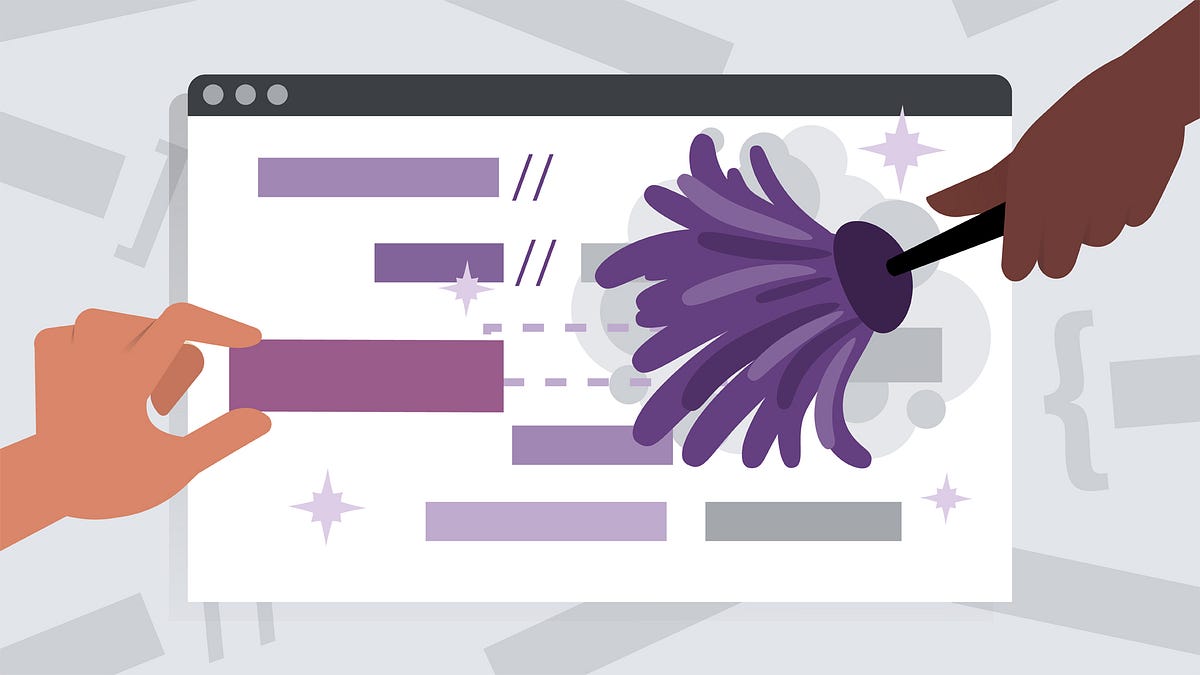Clean code is the backbone of sustainable software development. It’s not just about writing code that works but crafting it in a way that’s easy to read, maintain, and scale. When your code is clean, new developers can understand and contribute to your project faster, reducing onboarding time and avoiding costly mistakes.
The benefits of clean code extend beyond team collaboration. Well-structured and properly commented code minimizes technical debt, making future updates and bug fixes less time-consuming. Adopting principles like DRY (Don’t Repeat Yourself), SOLID design patterns, and proper naming conventions are critical steps toward achieving clean code. Investing time in writing clean code today can save hours of frustration down the road.
In addition, clean code contributes to software reliability and scalability. Applications built on a foundation of clean code are less prone to bugs and are easier to adapt to changing requirements. This is especially crucial in today’s fast-paced development environments, where agility is key.
Ultimately, writing clean code is about prioritizing quality over shortcuts. Developers who embrace this philosophy not only improve their own productivity but also contribute to a healthier, more efficient development culture.


